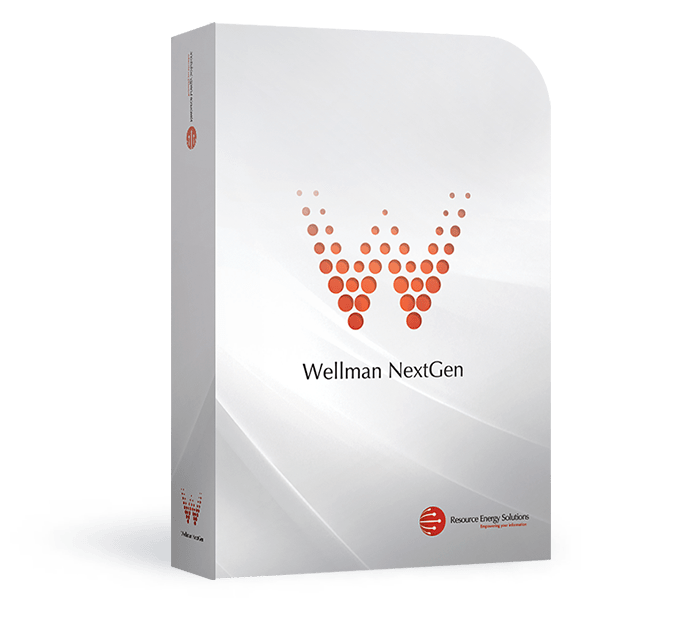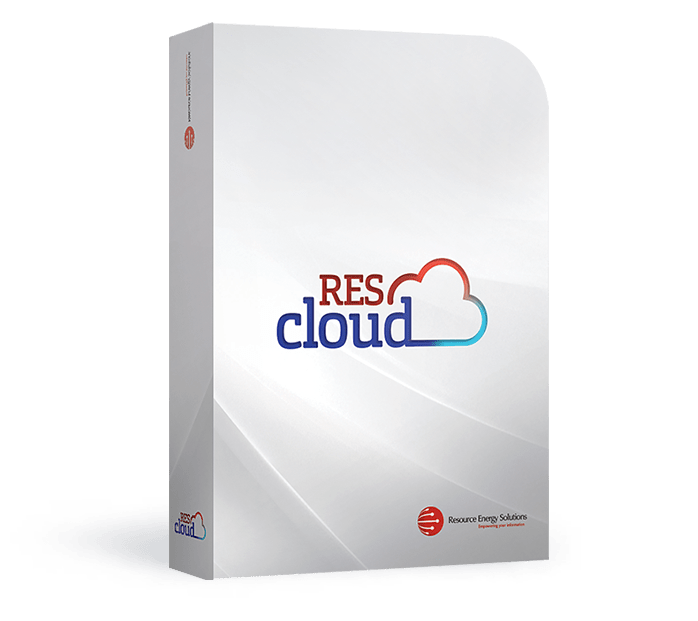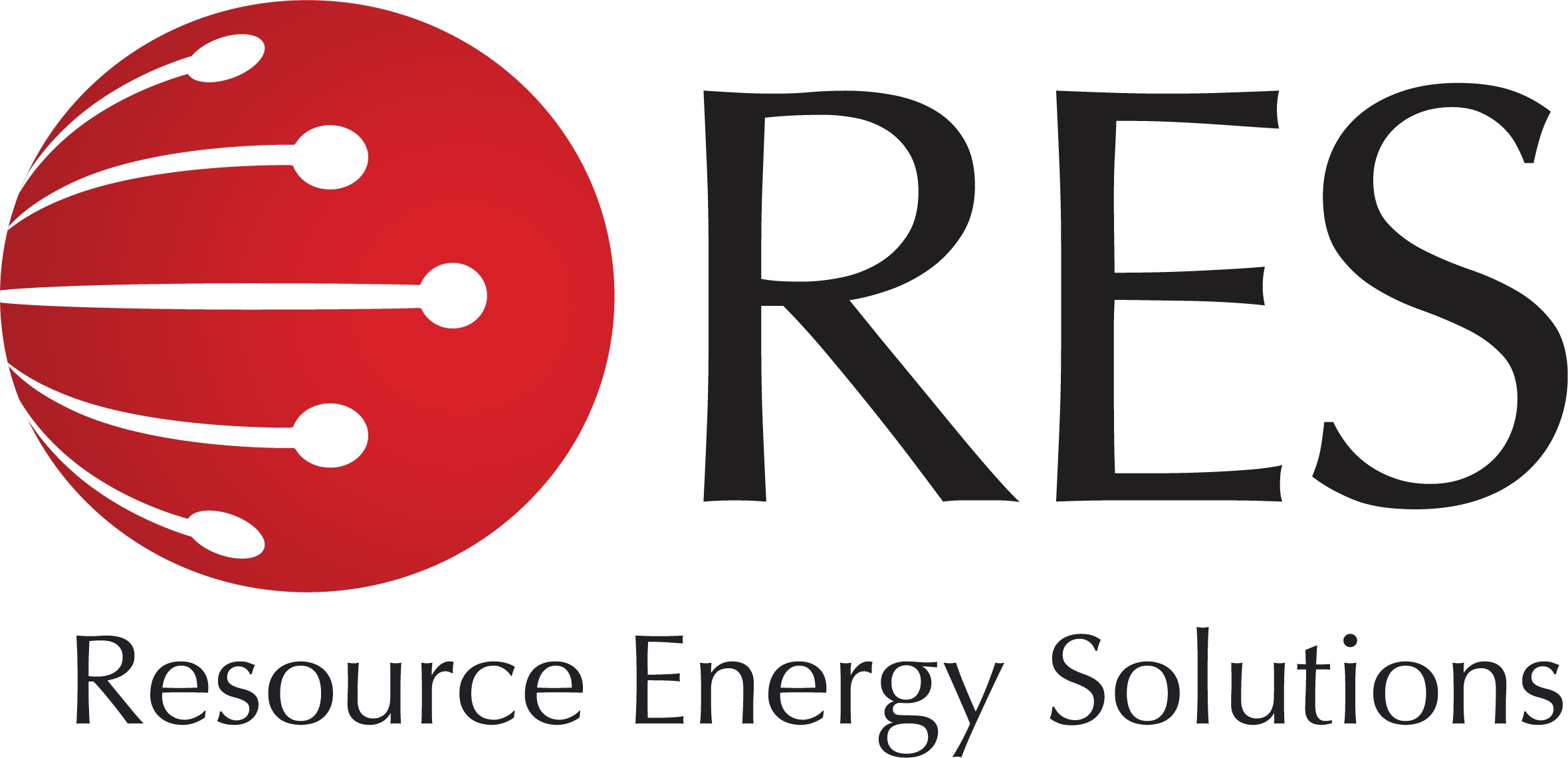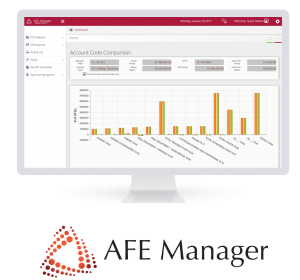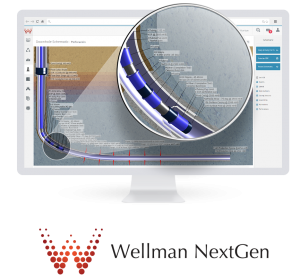Big data is a field that examines ways to analyze, systematically extract information from, or otherwise deal with data sets that are too large or complex to be dealt with by traditional data-processing application software. Without access to key data, via a structured digital data warehouse or “data lake”, your ability to leverage this type of enhanced analytics and reporting will be limited.
As the price of oil continues to climb to levels not seen in 2.5 years – and analysts see increased prices trending into 2022 – it will be critical for companies to understand the health of their data systems and fully capitalize on their data. It is easy to slip back into familiar routines as we watch rig counts rise, but the sector must challenge itself to look at new, innovative ways of doing things. For too long operators have lagged in technology. The recent global pandemic has added even greater pressure, forcing organizations to do more with even fewer resources.
The result is that successful oil and gas companies have digitized, automated and re-engineered their businesses. According to a new McKinsey Global Survey of executives, ‘…companies have accelerated the digitization of their customer and supply-chain interactions and of their internal operations by three to four years. And the share of digital or digitally enabled products in their portfolios has accelerated by a shocking seven years’. Executives also noted that ‘funding for digital initiatives has increased more than anything else—more than increases in costs, the number of people in technology roles, and the number of customers.’
Why are we seeing this level of investment at this particular time? The answer is simple: to remain competitive in a post-pandemic, ESG focused and globally competitive environment, the sector must adopt new approaches and embrace new strategies and systems. The “we’ve always done it this way” mentality has gone the way of the dinosaurs.
Investments that will enable companies to unleash the power of technologies like artificial intelligence (AI) and machine learning (ML), must include mechanisms to capture, store, integrate and disseminate enormous amounts of digital data – quality data. Other key considerations for the energy sector are: data capture collection, consolidation and security. In the future, data that feeds AI and ML can be used to help operators make decisions up to 5 times faster, saving time and money while reducing risks. The ability to provide real-time reporting and analytics can improve a company’s ESG performance, reduce lost time incidents and help to reach “next level efficiency”. Quick access to accurate and critical data is also crucial when undertaking M & A activities.
Speaking of dinosaurs… another, perhaps less talked about, change affecting the sector is Institutional Knowledge Drain. A significant portion of the population in Canada is nearing retirement. In 2019, baby boomers – born from 1946 to 1964—accounted for nearly a quarter of the Canadian population (24%)! The “Silver Tsunami”, as some are calling it, is upon us. The resulting loss of experience will have a profound impact on the sector if industry cannot find ways and technology to retain this knowledge for the benefit of future workforces.
Ask yourself, GenX and Millenials, do you really want to spend your nights combing through cabinet after cabinet, row upon row, of dusty well files?
Making digitalization a priority today will ensure that your organizational and institutional knowledge is retained. Crucial information including Business Process Management (BPM) and the housing and dissemination of legacy system knowledge can be at the fingertips of all current and future employees – with the right solutions in place.
While organizations that choose not to digitalize for reporting and analytics may survive for a period of time, they will do so at a greater expense. The loss of an aging workforce will only exacerbate the lack of digital infrastructure.
It’s time for a better solution.
RES software solutions can help.
Click here to schedule your free demo today!
About Resource Energy Solutions
RES provides full well life-cycle project, cost and data management solutions for the energy sector. RES software enables users to increase profits and efficiency by monitoring costs and activities in real-time. The suite offers an enterprise risk management platform that provides the highest level of well integrity by proactively managing all well operations and well related regulatory compliance, environmental management, and risk assessment and mitigation activities in real-time.

